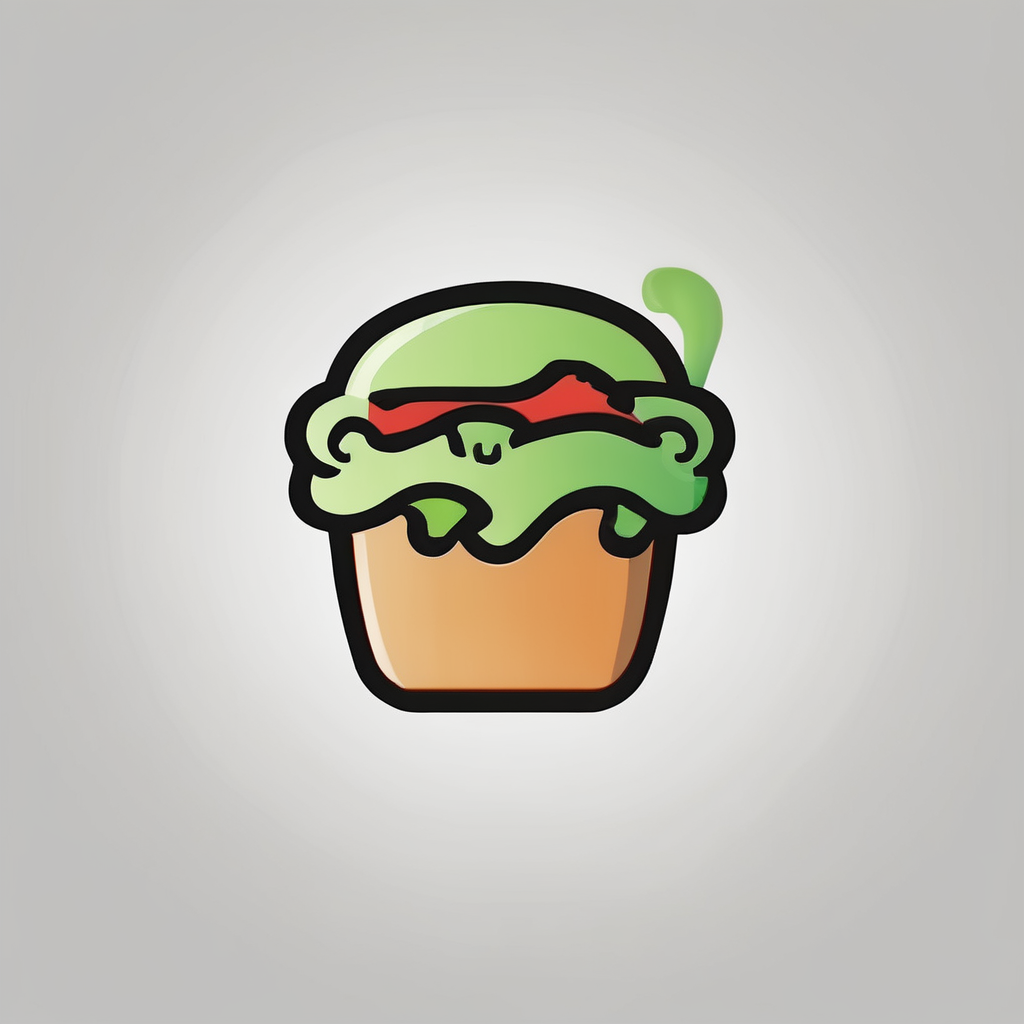Defining Essential Kitchen Products for UK Households
Understanding what makes a kitchen product essential requires looking at several criteria. First, an item must be used frequently enough to justify its place in daily routine. This means products like kettles or chopping boards, central to common British meals and beverage habits, qualify as part of UK kitchen basics. Functionality plays a crucial role; an essential product must efficiently support cooking tasks, making meal preparation smoother and faster.
UK lifestyle and culinary habits heavily influence which products are deemed essential. For example, the UK’s strong tea culture elevates the kettle to a staple role, while toaster use aligns with typical breakfast patterns. Overall, household essentials reflect practical needs driven by traditional and contemporary cooking styles, blending convenience with longstanding customs.
Also to discover : What Makes a Kitchen Product Essential for a UK Home?
When prioritizing products, frequency of use and adaptability to multiple cooking tasks often determine importance. Items serving many functions or enhancing routine efficiency tend to be viewed as core kitchen basics. This approach ensures that essential kitchen products are not just tools but vital contributors to everyday meal success in UK homes.
Key Examples of Must-Have Kitchen Products
In UK households, certain essential kitchen products consistently appear as staples due to their practical value and alignment with British lifestyles. The kettle is perhaps the most iconic example, deeply embedded in daily routines because of the UK’s tea culture. Its role in boiling water quickly makes it a top essential kitchen appliance UK consumers rely on daily. Similarly, the toaster ranks high for breakfast preparation, reflecting common British meal patterns where toast frequently accompanies morning meals.
This might interest you : What Makes British Kitchen Products Stand Out Uniquely?
Beyond appliances, core kitchenware items like saucepans, chopping boards, and utensils firmly establish themselves as household essentials. A saucepan’s versatility—from boiling vegetables to making sauces—exemplifies multifunctional tools prized for their efficiency. Chopping boards, indispensable for safe food preparation, illustrate how functionality and safety also influence essential kitchen products.
Not every appliance or tool qualifies as indispensable; for example, microwaves, while common, may not be universally deemed an essential kitchen product, as some households prefer traditional cooking methods. This distinction highlights how frequency of use and task relevance shape what is classified as UK kitchen basics. Overall, must-have products combine convenience, safety, and cultural habits, ensuring they support routine cooking needs effectively.
Roles of Essential Products in UK Cooking and Routine
Essential kitchen products form the backbone of daily kitchen use in UK households, closely tied to British cooking habits and routines. For instance, the kettle isn’t just an appliance; it’s central to Britain’s renowned tea culture, supporting quick preparation of hot beverages enjoyed multiple times throughout the day. This habitual use makes the kettle an indispensable item in kitchen routines.
Core products like saucepans and chopping boards also directly influence meal preparation speed and convenience. These tools help streamline cooking processes, from boiling vegetables efficiently to safely chopping ingredients, allowing cooks to maintain smooth kitchen workflows. Such products enhance safety by reducing risks during preparation tasks, an important consideration in everyday use.
Tradition and modern trends coexist in shaping product choice. While traditional elements like a reliable kettle and chopping board remain constant, contemporary preferences for multifunctional appliances reflect evolving UK cooking styles. This blend ensures that kitchen products not only honor cultural heritage but also adapt to faster, diverse cooking needs. Understanding this balance helps explain why certain items become household essentials, supporting familiar, practical routines firmly rooted in British life.
Insights from Experts and Surveys on Kitchen Essentials
Recent consumer surveys in the UK consistently highlight that products like kettles and toasters remain at the top of the list for essential kitchen appliances UK homeowners rely on daily. Experts emphasize that these staples not only meet functional needs but also connect strongly to British lifestyle habits, such as tea drinking and traditional breakfasts. Survey data often reveals a preference for appliances that combine efficiency with simplicity, reinforcing the importance of usability in defining household essentials.
Professional chefs and experienced home cooks underscore the value of versatile kitchenware, advocating for tools that aid in both speed and precision. For instance, saucepans and chopping boards receive high praise for supporting a wide range of cooking techniques, making them indispensable in many UK kitchens. Insights from experts often recommend prioritizing products that can handle multiple tasks, highlighting the practical benefits of these essentials beyond their basic functions.
Retail trends also reflect a growing interest in multifunctional and smart kitchen appliances, though traditional items remain dominant. This blend of innovation and familiarity shapes evolving UK kitchen trends, ensuring that essential kitchen products adapt to modern demands without losing their cultural resonance. Understanding these expert and consumer perspectives helps clarify why certain products continue to hold their crucial status in UK homes.
